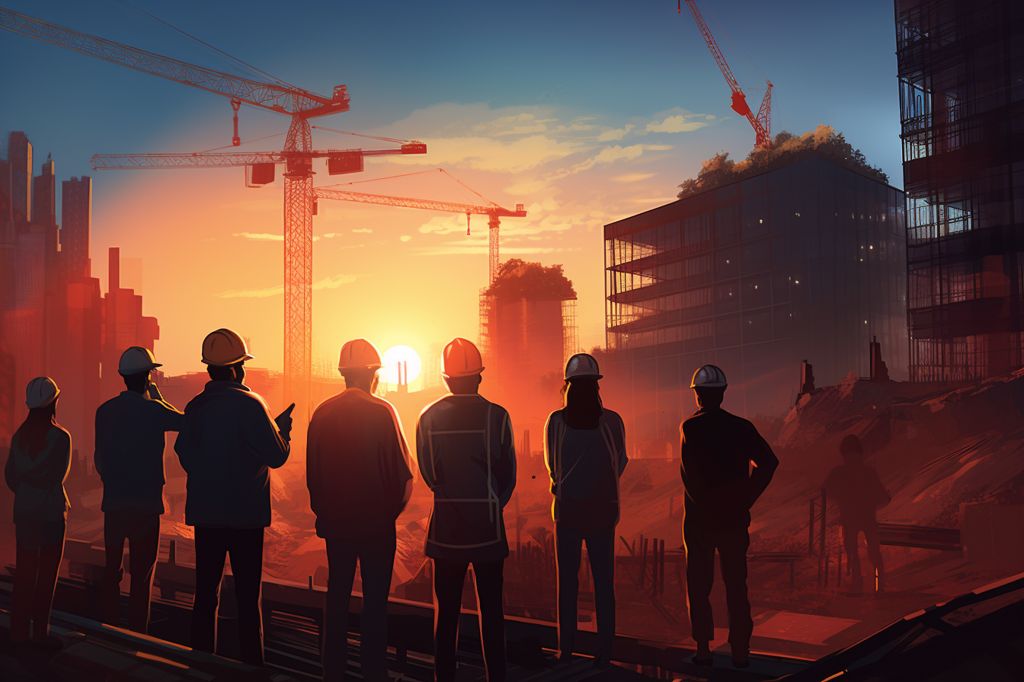The North West Province in South Africa has been grappling with various challenges in the realm of human settlements. One of the primary concerns is the blocked projects, and the illegal occupation of houses meant for beneficiaries. MEC for Human Settlements, Nono Maloyi, has taken the initiative to resolve these issues and alleviate the plight of deserving residents in the province.
Assessing Blocked Projects
During his visits to the Bojanala district, MEC Maloyi assessed several blocked projects and instructed municipal and departmental officials to investigate and submit reports detailing unresolved projects and related challenges. Some of these projects date back over a decade and are yet to be completed, leaving many families without proper housing.
MEC Maloyi has taken it upon himself to introduce contractors to most of the blocked projects, hoping to find solutions for human settlement issues in the region. He emphasized the importance of contractor performance, especially in rural areas of the province, and warned against long delays in project completion. In cases of non-performance, he proposed termination or downscaling of projects. He also advised the department to appoint contractors who possess the capacity to complete projects on time and meet the required quality standards.
MEC Maloyi expressed optimism about the progress made during his oversight visit in Bojanala and is hopeful that the appointed contractors will deliver the projects on schedule. He believes that the people of the North West deserve sustainable human settlements, and therefore, closely monitors the performance and quality of work done in these projects.
Addressing Illegal Occupations
Another pressing issue that MEC Maloyi has addressed is the illegal occupation of low-cost houses and community residential units across the province. He cited illegal invasions in areas like Marikana and Matlosana as examples. Every house built in the area has a specific beneficiary, and MEC Maloyi is committed to restoring these houses to their rightful owners.
To tackle this issue, MEC Maloyi called upon the department and municipalities to collaborate in dealing with invaders decisively, in accordance with municipal bylaws. This move would ensure that only the rightful beneficiaries occupy the houses, offering them the opportunity to lead better lives.
Future Plans
MEC Maloyi and his team plan to visit the Dr. Ruth Segomutsi Mompati district in the coming weeks and continue monitoring the performance of other districts. This relentless pursuit demonstrates MEC Maloyi’s dedication to addressing the challenges faced by the North West Province in human settlements and providing the people with a sustainable and secure living environment.
MEC Maloyi’s efforts serve as a shining example of proactive leadership and collaboration between various governmental departments and officials that can bring about positive change in a community. The residents of the North West Province, especially those who have been waiting for years for adequate housing, will undoubtedly benefit from MEC Maloyi’s unwavering commitment to their cause.








